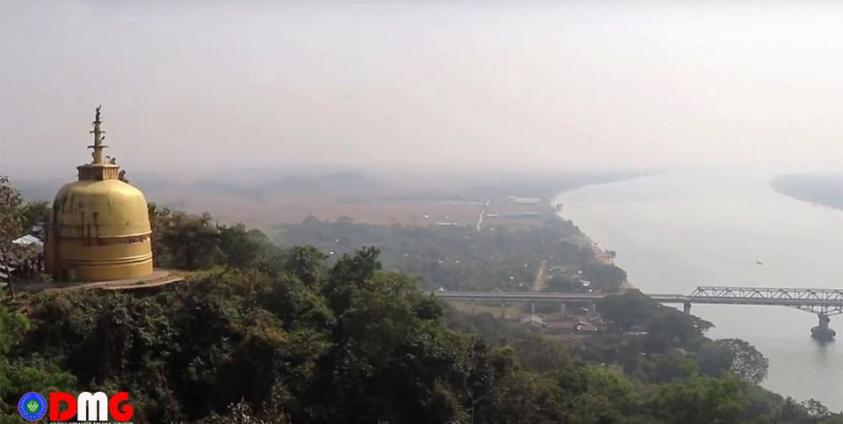Salt farmers in Arakan State are struggling as the price of sea salt has declined by more than half and demand is slowing.
Whereas 100 baskets of sea salt were sold for K90,000 (US$58) in 2019-20, the price at market is just K40,000 currently, according to salt farmers.
While the price has dropped steeply, demand is declining, said salt farmers in Kyaukphyu and Pauktaw, two major townships for sea salt production in Arakan State.
Salt farmer U Aye Tha Aung, from Ngapyitet village in Pauktaw Township, said he continues to engage in salt farming despite the low market prices because it is difficult to find other jobs during the hot season.
“There was demand from Sittwe in the past. But it has been more than one year since buyers from Sittwe last made a purchase,” he said. “As there are no other jobs available, all the people here engage in salt farming. There is some demand from some nearby villages, but the prices are not good.”
Fellow salt farmer U Maung Lone Chay from Pauktaw Township said he has suspended his business due to the significant decline in salt prices.
“There were only a few buyers and prices also went down,” he explained. “We worked throughout the salt production season, but we were hardly making any profit. I was also forced to reduce the workforce. I have suspended the business as I found it difficult even to cover operation costs. I may resume the business when salt fetches better prices.”
Salt dealers from Sittwe, who had been the main buyers of sea salt from villages like Ngapyitet, said they have difficulty finding a market for the product due to the low quality of the salt. Consumers these days prefer imported salt, which is better in quality than the locally produced alternative, dealers say.
“We only buy based on the demand from customers. So, we limit our purchase volumes,” said salt dealer U Than Win from Sittwe, the Arakan State capital.
Salt farmers in Arakan State have called on authorities to provide technical assistance so that they can improve the quality of their product.








